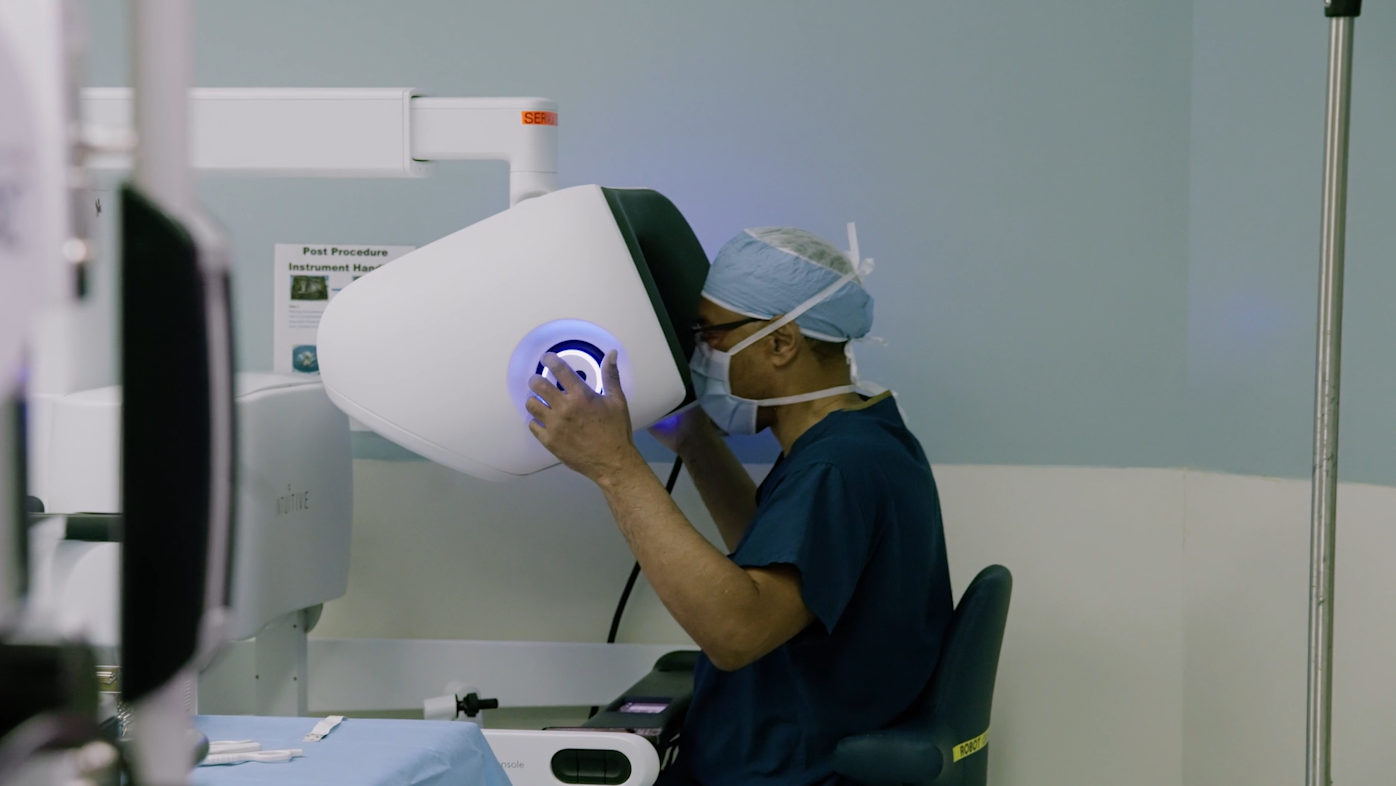Want to keep track of your health on the go? Wearable fitness devices may be just the tool you’re looking for.
Wearable health trackers can give you a snapshot of your overall health by tracking calories burned, steps walked, blood pressure and other data.
While there are some concerns about the accuracy of health readings from “wearables,” they can be a valuable tool for tracking your health, says Dr. Antonio Duran, a cardiologist with Sharp Community Medical Group and affiliated with Sharp Memorial Hospital. He emphasizes that wearables should be used as part of a broader health strategy.
Considerations for wearables
To support your overall health, keep these things in mind when optimizing your wearable health tracker.
1
Look beyond the numbers.
In addition to daily step goals, focusing on the overall effort and how your body feels is essential.
2
Calorie counts are estimates.
Wearables provide an estimate of calories burned, but individual factors like genetics and metabolism can affect these numbers.
3
Devices vary.
Not all wearables have the same capabilities. Some may lack features like GPS, affecting their ability to track specific activities accurately.
4
Diversity matters.
It's essential that companies design wearables that consider variations in race, age and gender to ensure accuracy for everyone.
A healthy lifestyle is the most important goal
“What’s important is living a healthy lifestyle to help lower your risk of cardiovascular disease,” Dr. Duran says. He recommends four tips everyone should follow to stay on top of their health — with or without the aid of wearables:
1
Get regular exercise.
One of the best ways to manage your health is to exercise frequently. According to the American Heart Association, adults should get 150 minutes per week of moderate activity, such as brisk walking, gardening and water aerobics, or 75 minutes per week of vigorous activity, such as running, swimming laps or aerobic dancing. A combination of moderate and vigorous activity spread throughout the week works well.
Dr. Duran suggests using the talk test to check the intensity of your exercise. You know you are getting moderate activity if you can still talk, but it’s difficult for others to understand what you’re saying. You are getting vigorous activity if you can only say a few words during exercise.
2
Get healthy sleep.
Inadequate sleep is associated with heart disease. Adults should aim for an average of 7-9 hours of sleep every night. A good night’s sleep is essential to cardiovascular health.
3
Monitor your blood pressure.
According to Dr. Duran, tracking your blood pressure is the most effective way to lower your risk of heart disease. Normal blood pressure is an upper number (systolic pressure) less than 120 and a lower number (diastolic pressure) less than 80. However, other health factors may determine appropriate blood pressure numbers. You should talk to your doctor to learn what numbers to aim for.
Having high blood pressure, also known as hypertension, can increase your risk for heart disease and stroke. Heart-healthy habits, like following a balanced diet and getting regular exercise, can help you manage your blood pressure.
4
Eat a healthy diet.
A healthy lifestyle involves many choices, including what you consume daily. You can eat smart but still enjoy your food and manage your weight. A diet full of whole grains, green leafy vegetables, low-sugar fruits, low-fat dairy and lean meats may help decrease your risk of heart attack and stroke and lower your blood pressure.
Talk with your doctor if you have concerns about your health or fitness level before starting a new exercise routine. Together, you can create a plan that improves your lifestyle and promotes better overall health and wellness.
Learn more about exercise and fitness; get the latest health and wellness news, trends and patient stories from Sharp Health News; and subscribe to our weekly newsletter by clicking the "Sign up" link below.
